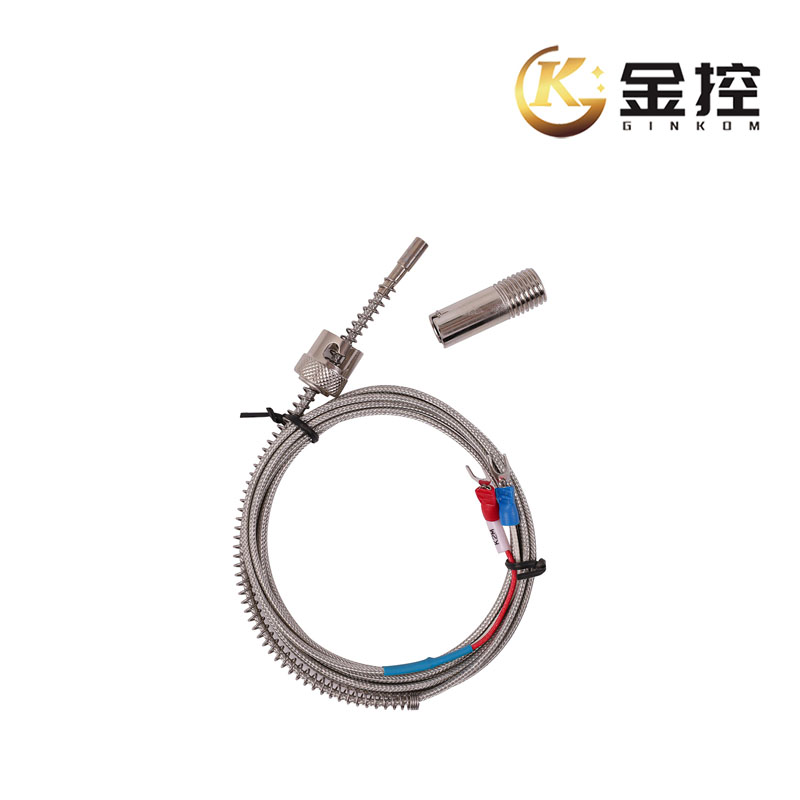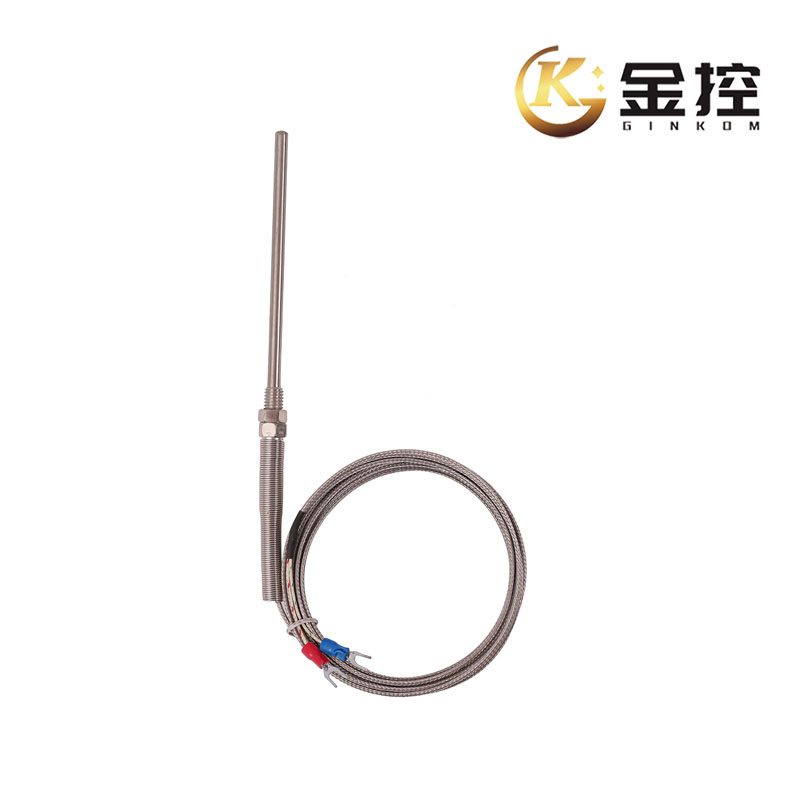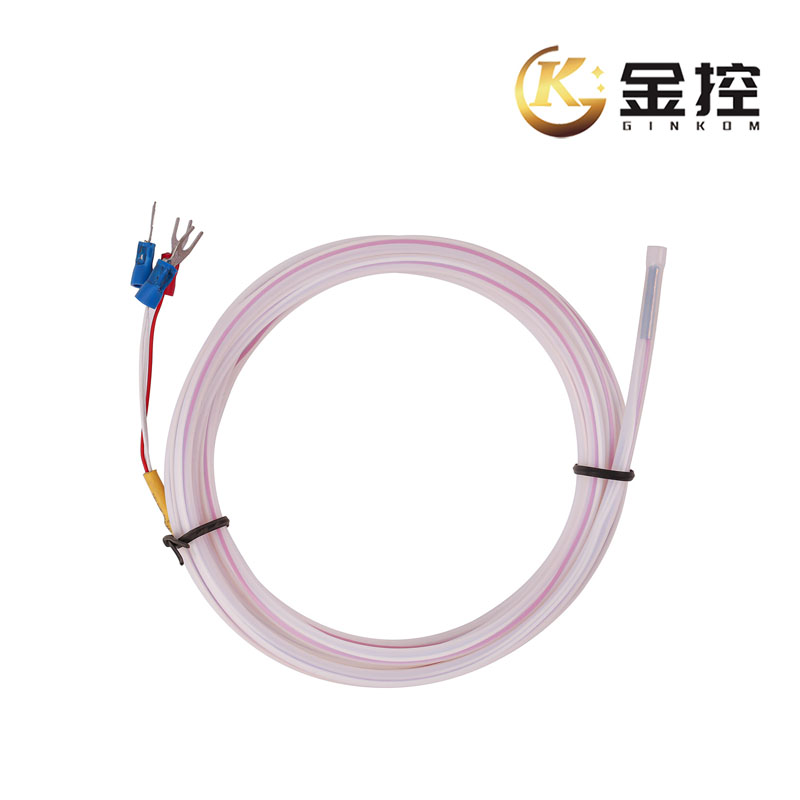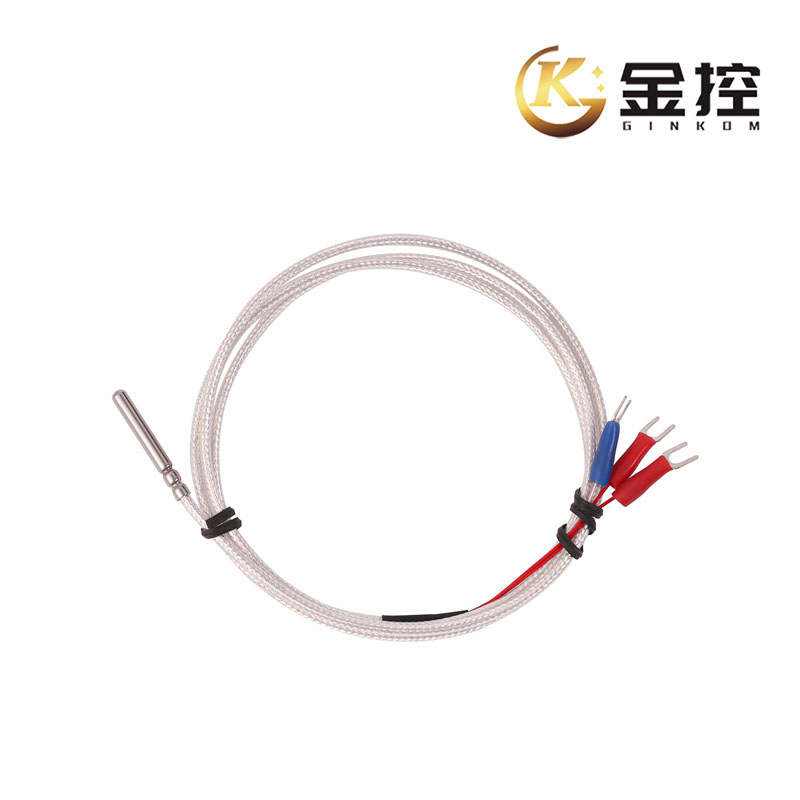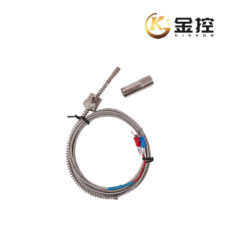Description:
The two most common ways of measuring industrial temperatures are with resistance temperature detectors (RTDs) and thermocouples. If process temperatures are between-200 to 500℃(-328 to 932°F), an industrial RTD is the preferred option. Thermocouples have a range of -180 to 2,320℃(-292 to 4,210°F), so for temperatures above 500℃(932°F) they are the only contact temperature measurement device.
Resistance Temperature Detectors (RTDs) are temperature sensors that contain a resistor that changes resistance value as its temperature changes. They have been used for many years to measure temperature in laboratory and industrial processes, and have developed a reputation for accuracy, repeatability, and stability.
The RTD is one of the most accurate temperature sensors. Not only does it provide good accuracy, it also provides excellent stability and repeatability. RTDs are relatively immune to electrical noise and therefore well suited for temperature measurement in industrial environments, especially around motors, generators and other high voltage equipment.
Specification:
| Type | K / E / N / J / T / S / R / B |
| Material | 304/316/316l/310s/3039/Inconel /Ceramic Tube |
| Thermocouple head | 2 pin or 3 pin |
| Probe diameter | 0.5mm to 10mm |
| Probe length | Customized |
| Thread | 1/4” 5/16” M4 M5 M6 M8 M12 fixed or flexible |
| Tube diameter | 3-25mm |





